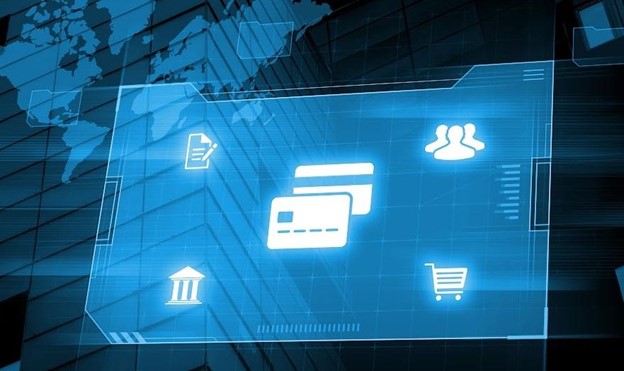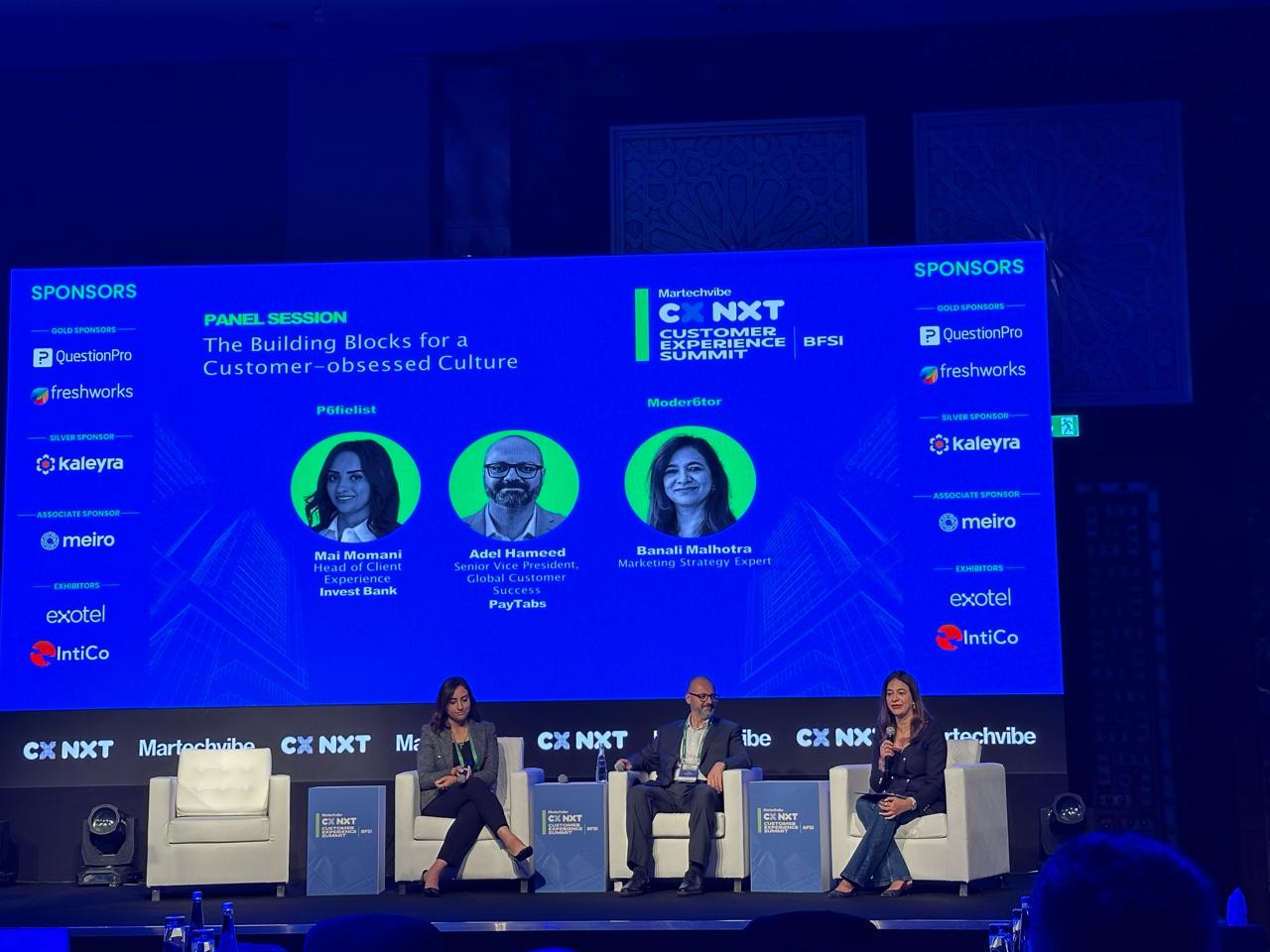Selecting the Ideal E-Commerce Payment Gateway for Your Business

The ecommerce landscape across Jordan, Iraq, and Palestine has been growing steadily over the years. An 88% internet penetration has fueled the rise in online transactions in Jordan. On the other hand, internet users in Palestine have been observed to buy a whole host of items online, including furniture, cosmetics, toys, apparel, and shoes. In Iraq, total digital transaction value is expected to reach a staggering worth of USD 20.22 billion by 2028. It is evident that more and more consumers are realizing the convenience of purchasing both necessities and luxuries online. And this means a whole new world of opportunities for you as a merchant.
However, to capitalize on this ecommerce boom, you need the right ecommerce payment gateway. It can enhance the checkout experience for your customers and also make it easy for you to accept payments securely, quickly, and efficiently. So, how to pick a payment gateway that aligns with your business’s needs and goals?
Here are 13 Things to Consider Before Choosing the Perfect Ecommerce Payment Gateway
1. Merchant Acquiring Services
To accept card payments, you need a dedicated merchant account. If you are a small business, opting for an all-in-one service provider can be adequate. You can avail both payment processing and merchant acquiring services this way. Merchant acquirers refer to entities that collect payments based on cards and accepted by retailers. Acquirers send such payments to card issuers.
Now, if you are a large venture, a full-service merchant account is more apt. You get a virtual POS (point of sale) from an acquiring bank, so that it is easy to integrate card payments with your e-store. Moreover, you can also use payment orchestration services, so that every transaction is routed optimally to the right processor.
2. Country-specific Support
When choosing from multiple ecommerce payment solutions, make sure your preferred one works in your specific country and also allows you to accept payments from customers located in other countries. Providers like PayTabs, for instance, help you get paid from any corner of the world. Whether you want to strengthen or kick-start your international presence, your e-store should be equipped for cross-border payments.
3. Payment Methods and Currencies
The modern customer loves flexibility and choice when it comes to making online payments. So, pick from online payment gateways that offer shoppers various payment methods. If you wish to foray into new geographies, the gateway should offer localized payment methods in each country as well. It should also support as many currencies as possible, so that customers feel comfortable and confident about your website. Check if there are any additional fees for currency processing.
4. Product Permission
The payment gateway you select should permit the products you sell without any hassle, whether they are physical or digital in nature. Go through the list of restricted businesses before going ahead. Usually, categories like weapons, animals, illegal drugs, etc. are not supported by most gateways.
5. Hosted or Integrated
Ecommerce payment gateways can be hosted offsite or integrated with your e-store. Consider which one you want before making a choice, as both have distinct pros and cons.
In case of a hosted solution, the gateway handles PCI compliance and data security, which is an advantage. However, the customer gets redirected to a third-party domain, which can hamper conversion and sales. Top payment gateway providers address this issue by showing a payment window on the checkout page itself.
In case of integrated payment gateways, the biggest advantage is that customers don’t need to leave your site for purchase completion. The checkout experience is seamless. However, you need to handle the programming. Leading gateway providers offer development documents to help you do the integration in very little time though.
6. Payment Gateway Integration
Go for a gateway that has a fast and simple process for integration. They should also provide necessary technical support to your developer. The integration should not have a negative impact on the speed of payment processing or lead to suboptimal user experience.
7. Mobile Optimization
Since most customers nowadays use mobile devices instead of desktops to make online purchases, your chosen payment gateway should offer a checkout page that is mobile-optimized. It will improve customer satisfaction and boost conversions.
8. Payment Speed
Want to minimize instances of cart abandonment and offer a smooth experience to shoppers? Ensure that the payment gateway is good on speed. Customers should transition from the shopping cart to the payment confirmation page in the least time possible.
9. Recurring Payments
In case your business offers subscription-based services, opt for a gateway that automatically supports recurring payments. You should also be able to define parameters like billing cycles, subscription name, and prices.
10. Security
Secure payment processing is of paramount importance, whether your business is located in Jordan, Palestine, or Iraq. So, select a payment gateway that complies with the latest security standards like PCI, SCA, 3D Secure 2.0, etc. Keeping your customer’s sensitive data safe is vital for winning their trust.
11. Scalability
Try to gauge if the payment gateway can grow with your business and make global expansion frictionless. It should not only support multiple currencies and a variety of payment methods, but also comply with local regulations and handle increasing transaction volumes efficiently.
12. Support
When it comes to payment gateway selection, choose one that provides adequate and timely support whenever the need arises. Find out if the support team is available round-the-clock or for specific hours. Ask about the support channels, like live chat, email, phone call etc. Can you access resources like FAQs for common issues? Are the support representatives experienced and knowledgeable? Go through online reviews to get an idea about the same from other merchants.
13. Pricing Options
Different gateway providers have different fee structures. While some might charge fixed monthly rates and a setup cost, others can charge you per transaction. However, even a small percentage of the transaction cost can blow out of proportion if you have high-priced products or record large sales volumes. Ideally, opt for a provider that has a dynamic pricing model to help you scale cost-effectively.
Make an Informed Decision
Now that you know about all the things to look for in a payment gateway, get started by researching multiple providers. Go through their offerings, fee structures, and other features to gauge the gateway’s relevance to your business. Shortlist a few, compare them carefully, talk to representatives, and go for demos, before zeroing in on one.











